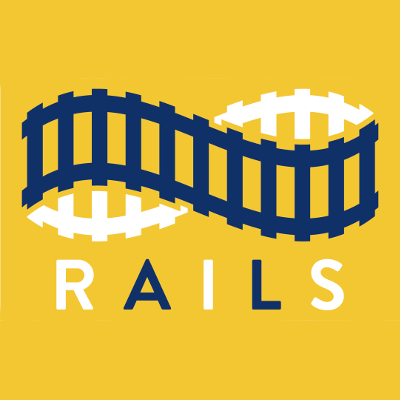Evanston Public Library Offers Two Series Events on Climate Change

Series #1
The Evanston Public Library's virtual "Climate Resilient Communities" series, launched in January, continues through April to examine the global and local impact of climate change. It aims to make the issue less abstract and more real for participants—bringing it home to them—a crucial step in advancing collective and individual climate action. The series has much in store in the coming months.
Coming up next is "Climate Change in Africa: Sources, Impacts and Mitigation," a presentation on the human and environmental cost of the climate crisis on the continent on Thursday, February 25 at 6:30 pm.
In March, the series will kick off with "Garden Clean Up with Good Insects in Mind," an exploration of how you can increase the biodiversity of your own backyard, on Wednesday, March 3, at 5 pm. "Fire+Flood: Queer Resilience in the Era of Climate Change," a film discussion focusing on the intersection of climate, gender, and race will follow on Wednesday, March 10, at 6:30 pm.
The series also has some modified in-person events in the lineup. Starting Saturday, March 13, pick up a Seed Bomb Kit to help Mother Nature spread some love in your area.
Events will also be held specifically for Spanish-speaking community members. "Limpieza Verde" and "Preparación ante clima extremo: Frío, calor e inundaciones" will take place on Thursday, March 4 at 7 pm and Thursday, March 18, at 7 pm, respectively.
More events in the series will continue through April, including "Nature Scavenger Hunt around Evanston," "Lunch & Learn: Why Native Plants?" and "Resources Matter – Ways to Prevent Waste and Recycle Right." Visit the series landing page for a full listing of events and registration links.
Individual events will be co-sponsored with a variety of organizations including the City of Evanston Office of Sustainability, Citizens' Greener Evanston, Natural Habitat Evanston, D65 EvanSTEM, SWANCC, Comité Asesor Latino de ETHS, and ARISE Chicago.
Climate Resilient Communities has just been highlighted in a publication of the Federal Emergency Management Agency's (FEMA) Resilient Nation Partnership Network (RNPN), a unique network of organizations and individuals united to help communities take action and become more resilient.
The Climate Resilient Communities Series is funded by the Resilient Communities: Libraries Respond to Climate Change grant provided by the American Libraries Association.
Series #2
"Fight Climate Change with Sun, Wind, Water & Nuclear Energy," a two-part mini-course offered by the Northwestern Emeriti Organization (NEO) in collaboration with Evanston Public Library, will take place on two evenings in March: Tuesday, March 9 and Tuesday, March 16 at 7 pm.
The course, taught by Professor emeritus Elmer Lewis, former chair of the Department of Mechanical Engineering at Northwestern's McCormick School of Engineering and Applied Science, will focus on discussing strategies for reducing greenhouse gas emissions from fossil fuel use and finding ways to utilize renewable energy sources on a larger scale. He will also look at the implications of the Texas power disaster for our consideration of alternative energy sources.
The first lecture will include a discussion about the electricity currently produced through fossil fuel use as well as the challenges of using renewable low-carbon fuel sources: solar, wind, hydroelectric, and nuclear energy. Special attention will be given to exploring the public's aversion to nuclear energy. The second lecture will address the challenges of large-scale wind and solar energy use, the economics of electricity supply, and the effects of the widespread use of intermittent power production.
This non-credit mini-course is the fourth in a series offered by the Library in partnership with the NEO. No specialized technical knowledge is necessary—it's a unique opportunity for anyone in the Evanston community interested in renewable energy sources to learn from senior faculty at one of the nation's leading research universities at no cost.
Lewis, author of How Safe is Safe Enough, is an expert on fossil fuel alternatives with a special interest in assessing the risks of adopting various clean energy sources. This course uses risk assessment to critically examine the issue of reducing emissions, acknowledging the pros and cons of large national infrastructure projects, as well as the grave consequences of doing nothing to end our reliance on fossil fuels.
Register online. Zoom links and optional preparatory reading will be provided to all participants.
- Log in to post comments